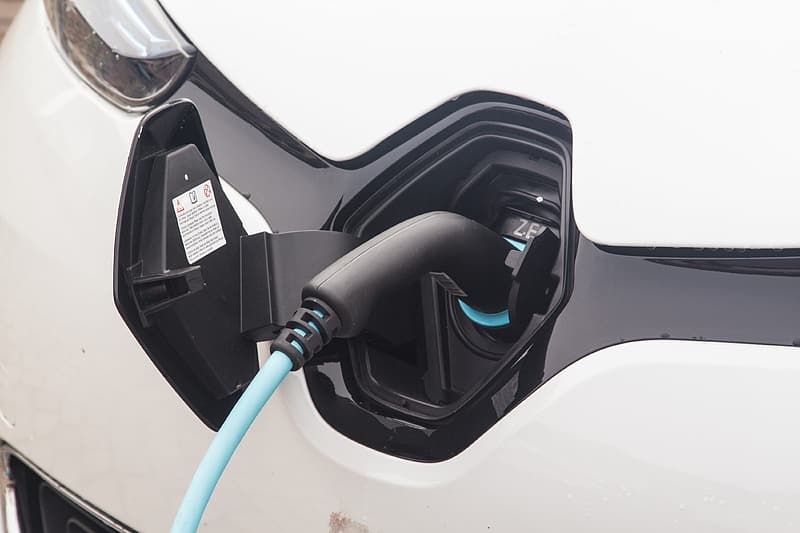With petrol and diesel prices going through the roof, switching to an electric car seems to be a no-brainer for many Europeans. New figures show that twice as many plug-in cars were sold this year, in comparison to the same period a year earlier. However, the lack of charging points is a major obstacle to the future of electric vehicles in Europe.
In Belgium, 9,500 electric cars were sold in the first quarter of 2022 – more than double last year’s figures (4,057 cars). "Of the new cars sold, almost 40% are hybrid or electric,” Stephan Lesuisse of car federation Traxio told Het Nieuwsblad.
Yet a new report by leasing company Leaseplan shows that there are not enough public charging points to keep up with the number of vehicles sold. "As the prices of electric vehicles go down and more drivers go electric, finding an available charging station is becoming more of a headache,” says Tex Gunning, CEO of LeasePlan.
Gunning says this should be “a wake-up call to policymakers across Europe: there is an urgent need to urgently invest in a comprehensive European charging infrastructure.”
To reach the current European targets, more than 6.8 million charging stations will be needed by 2030. To achieve this, 14,000 points would need to be created each week – far beyond the current rate of 2,000 per week.
Belgium ranks sixth
Brussels Minister for Climate Transition, Environment and Energy, Alain Maron, had pledged that by 2022, every Brussels inhabitant living within 250m of a charging point for an electric vehicle. As of November 2021, there were 250 spots.
Last year, Flemish Mobility Minister Lydia Peeters announced Flanders' ambition to launch an additional 35,000 charging equivalents (CPE) by 2025. Yet even these new charging stations will likely not suffice.
In the Electric Vehicle Readiness Index, Belgium climbed two places to sixth. Norway was ranked first, while the Czech Republic and Poland scored lowest.
Related News
- Flanders accelerates roll-out of greener fleet by mapping potential charging locations
- EU countries urged to improve 'serious lack' of EV charging points
- New car sales slump in Belgium and Luxembourg
Figures also reveal that many companies are now investing in electric vehicles, more so than individuals in fact. On a European level, regular consumers are less prepared to make the change, largely due to the high purchase prices.
“Because electric and hybrid cars are still relatively new, there are not many available on the second-hand market,” Lesuisse explains.

